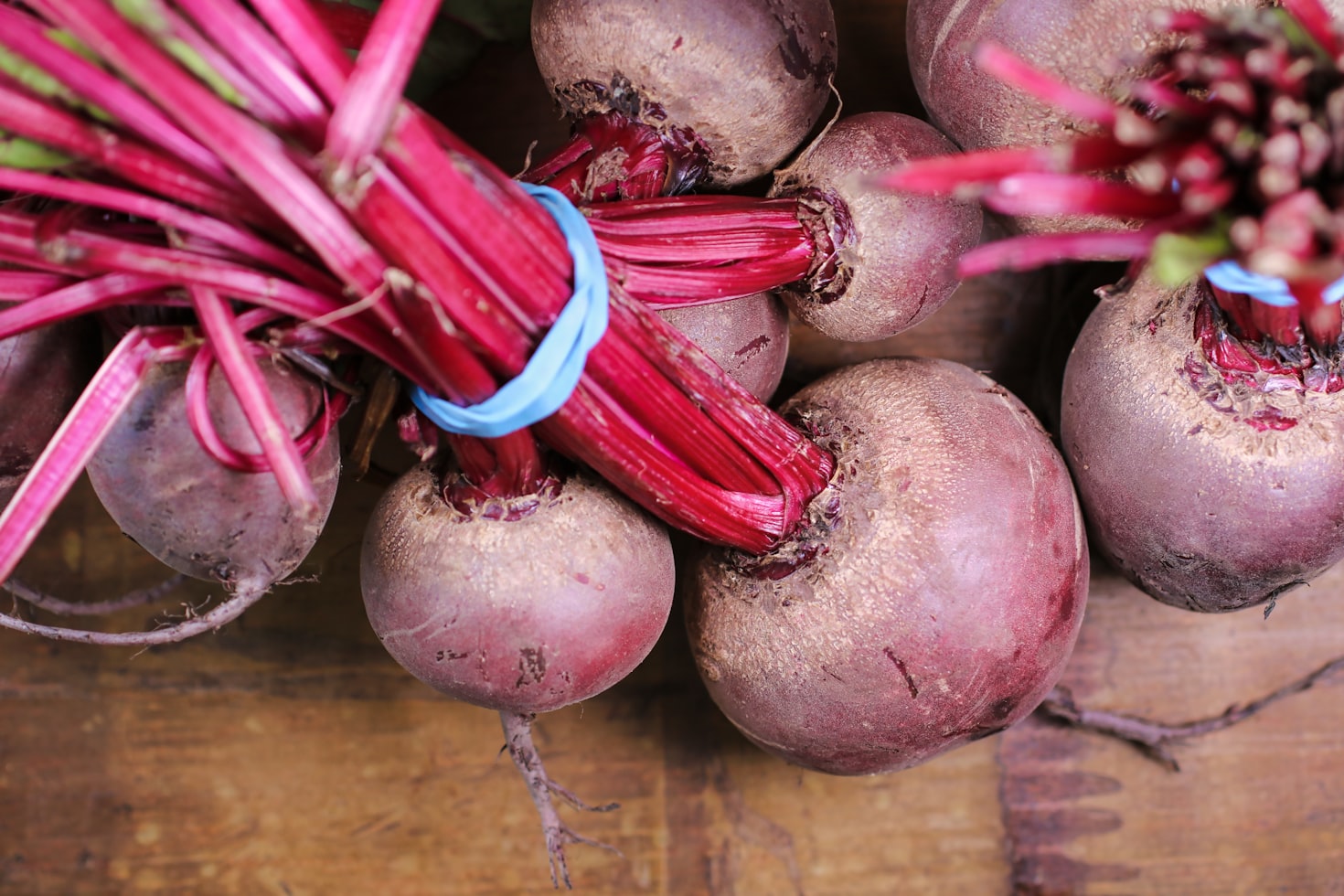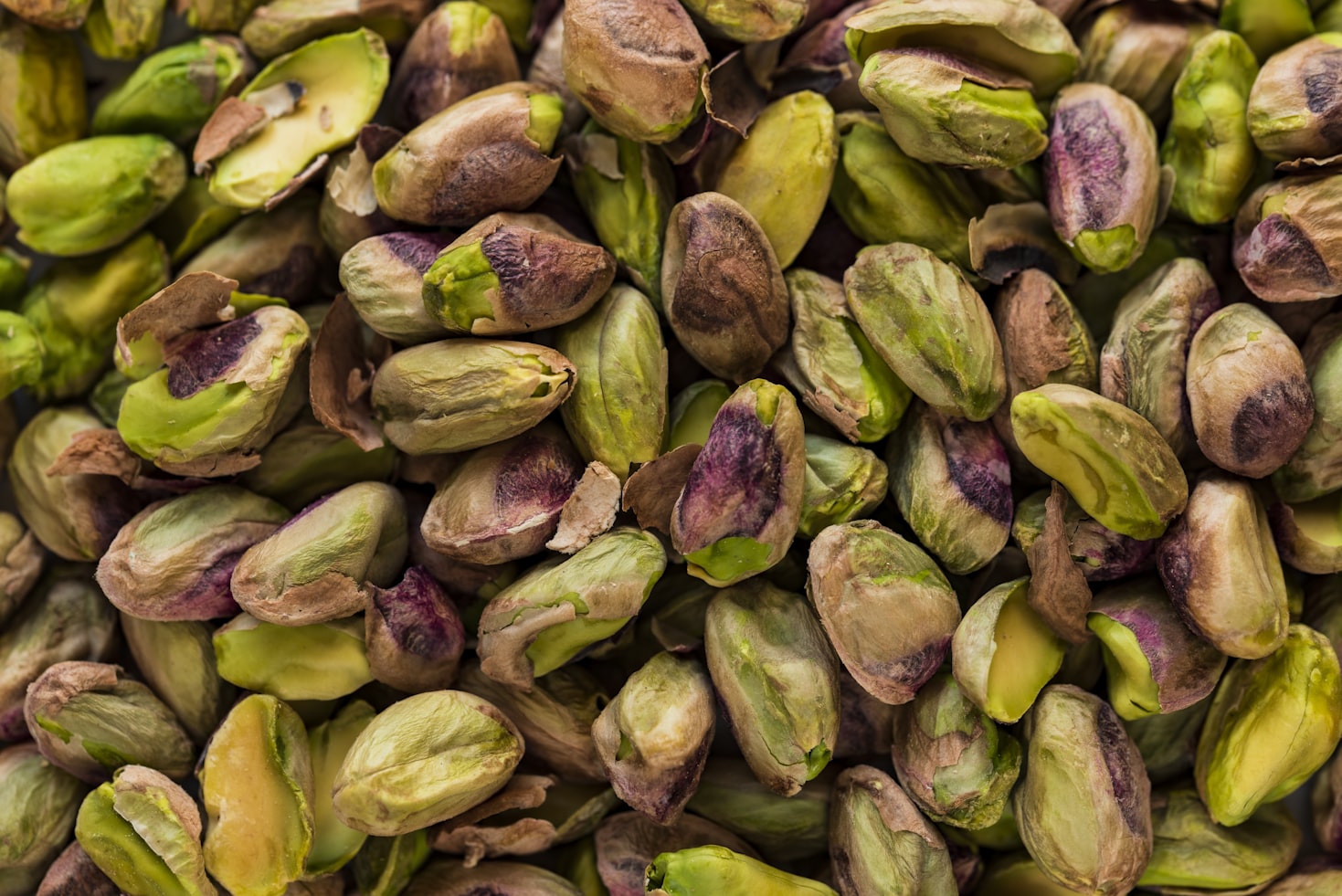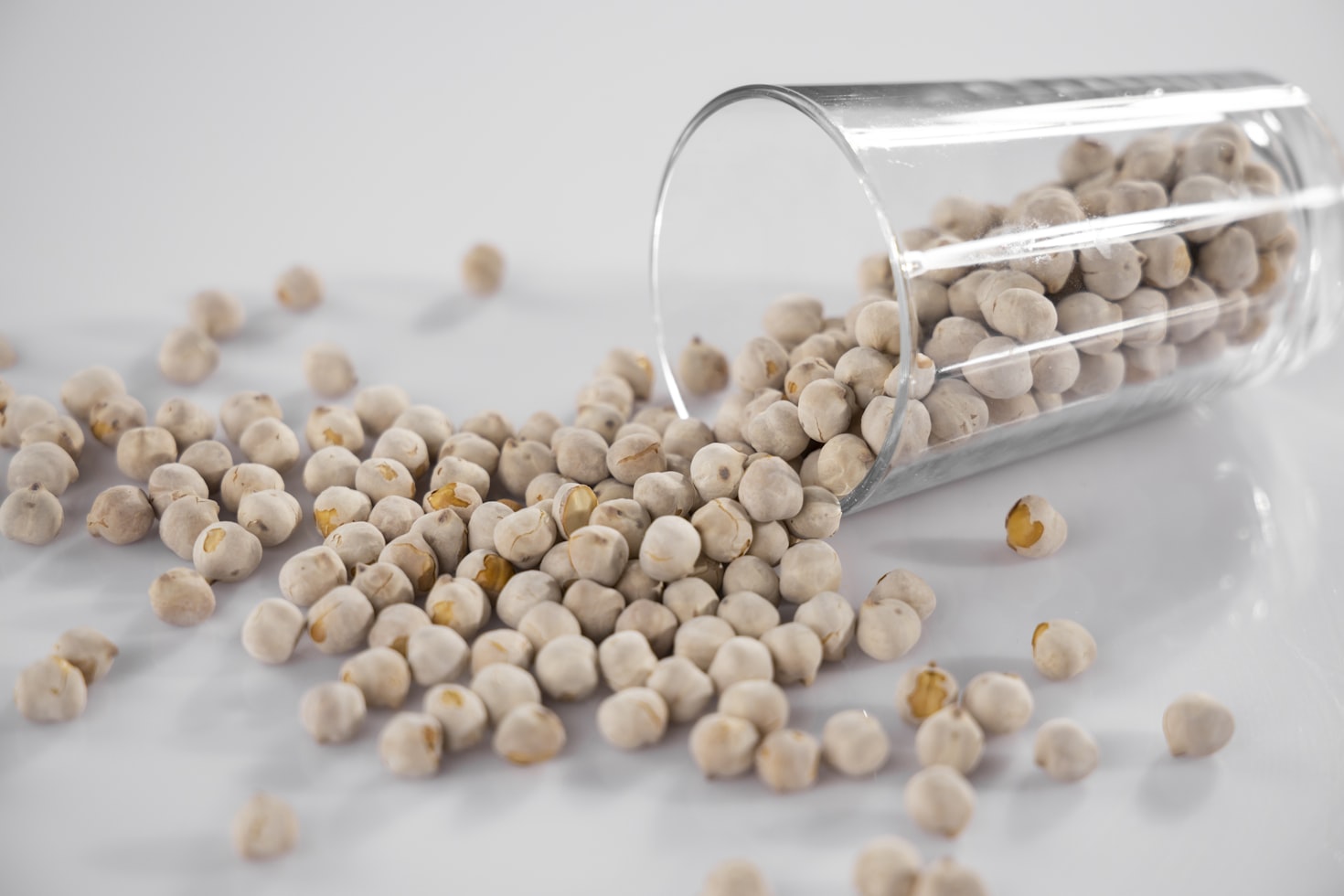Is Balsamic Vinegar Keto Friendly?
When following a ketogenic diet, it’s essential to carefully consider the ingredients and nutritional content of the foods and condiments you consume. Balsamic vinegar, with its rich flavor and versatility, is a popular choice for many dishes. However, if you’re on a keto diet, you may wonder if balsamic vinegar is keto-friendly. In this article, we will explore the nutritional profile of balsamic vinegar and its compatibility with a ketogenic lifestyle.
The Basics of the Ketogenic Diet
Before diving into the specifics of balsamic vinegar, let’s briefly review the fundamentals of the ketogenic diet. The keto diet is a low-carbohydrate, high-fat diet that aims to shift the body into a state of ketosis. In this metabolic state, the body primarily burns fat for fuel instead of carbohydrates.
To achieve and maintain ketosis, individuals following a keto diet typically limit their carbohydrate intake to around 20-50 grams per day. This restriction forces the body to rely on fat for energy, leading to weight loss and other potential health benefits.
The Nutritional Profile of Balsamic Vinegar
Balsamic vinegar is made from grape must, which is freshly crushed grape juice that includes the skins, seeds, and stems. The must is then aged in wooden barrels, which imparts its distinct flavor and aroma. While balsamic vinegar is known for its rich taste, it also contains some nutritional components to consider.
Here is a breakdown of the macronutrient content in one tablespoon (15 ml) of balsamic vinegar:
- Calories: 14
- Carbohydrates: 3 grams
- Fat: 0 grams
- Protein: 0 grams
As you can see, balsamic vinegar is relatively low in calories and does not contain any fat or protein. However, it does contain a small amount of carbohydrates, primarily in the form of sugar.
Balsamic Vinegar and Ketosis
While balsamic vinegar does contain carbohydrates, the amount is relatively small. Consuming a tablespoon or two of balsamic vinegar is unlikely to significantly impact ketosis for most individuals following a well-formulated ketogenic diet.
However, it’s important to note that the carbohydrate content can vary between different brands and types of balsamic vinegar. Some varieties may contain added sugars or thickeners, which can increase the carbohydrate content. Therefore, it’s crucial to read the nutrition label and choose a balsamic vinegar with minimal added sugars or unnecessary additives.
If you’re concerned about the carbohydrate content of balsamic vinegar, you can also consider using it sparingly or diluting it with water or oil to reduce the overall carbohydrate intake per serving.
Benefits of Balsamic Vinegar
Beyond its potential impact on ketosis, balsamic vinegar offers several health benefits that make it a valuable addition to any diet:
- Antioxidant properties: Balsamic vinegar contains antioxidants that help protect the body against oxidative stress and inflammation.
- Improved digestion: The acetic acid in balsamic vinegar may support healthy digestion by promoting the growth of beneficial gut bacteria.
- Reduced blood sugar levels: Some studies suggest that balsamic vinegar may help regulate blood sugar levels and improve insulin sensitivity.
- Heart health: Balsamic vinegar may have a positive impact on heart health by reducing cholesterol levels and blood pressure.
These benefits, combined with its unique flavor, make balsamic vinegar a versatile and nutritious addition to various dishes.
Frequently Asked Questions (FAQ)
1. Can I use balsamic vinegar on a keto diet?
Yes, you can use balsamic vinegar in moderation while following a keto diet. Just be mindful of the carbohydrate content and choose a variety with minimal added sugars.
2. How much balsamic vinegar can I consume on a keto diet?
While the exact amount may vary depending on individual carbohydrate tolerance, consuming a tablespoon or two of balsamic vinegar is unlikely to significantly impact ketosis.
3. Are there any keto-friendly alternatives to balsamic vinegar?
If you prefer to avoid balsamic vinegar altogether, you can consider using other keto-friendly vinegar options such as apple cider vinegar or red wine vinegar.
4. Can balsamic vinegar help with weight loss on a keto diet?
Balsamic vinegar’s low-calorie content and potential blood sugar-regulating properties may support weight loss efforts when incorporated into a well-balanced keto diet.
5. Are there any potential side effects of consuming balsamic vinegar on a keto diet?
While balsamic vinegar is generally safe for consumption, some individuals may experience digestive discomfort or allergic reactions. It’s always best to listen to your body and consult a healthcare professional if you have any concerns.
6. How can I incorporate balsamic vinegar into my keto meals?
Balsamic vinegar can be used as a dressing for salads, marinades for meats and vegetables, or as a flavor enhancer for roasted vegetables or grilled dishes. Just be mindful of portion sizes and the overall carbohydrate content of your meal.
Summary
Balsamic vinegar can be enjoyed in moderation while following a ketogenic diet. Its low carbohydrate content and potential health benefits make it a valuable addition to various dishes. However, it’s important to choose a variety with minimal added sugars and unnecessary additives. As with any dietary choice, it’s essential to listen to your body and make informed decisions that align with your individual health goals.





